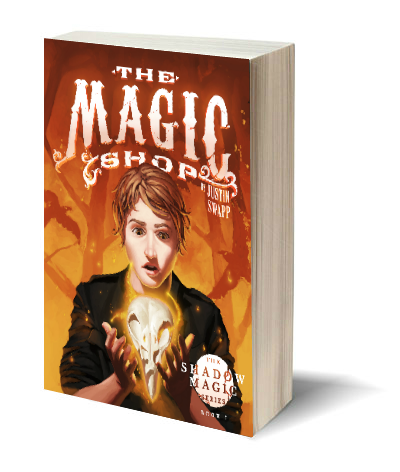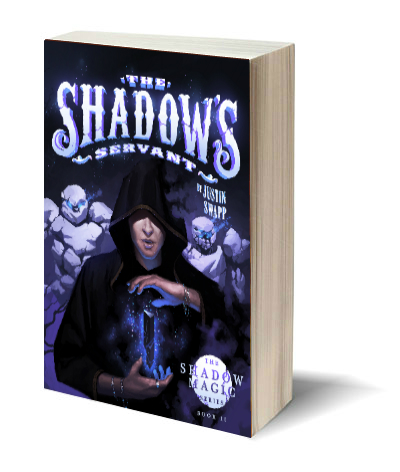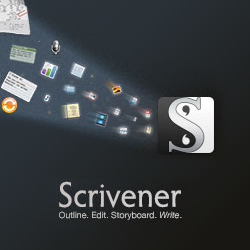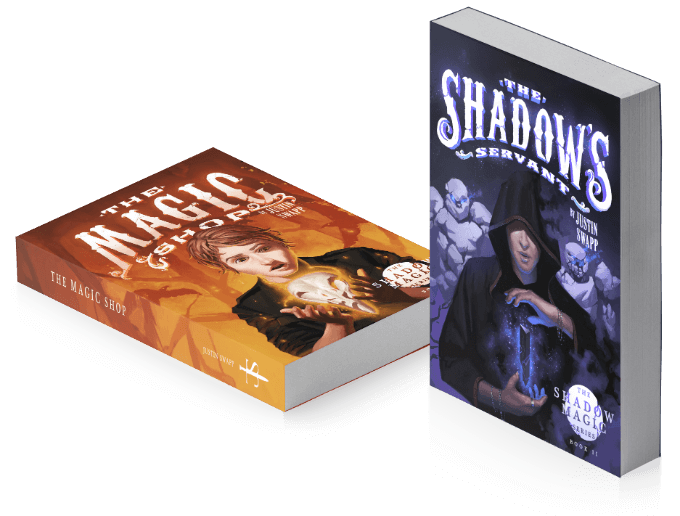Writing and Organizing your Story Elements
The first step in writing is thinking about the basics–your story elements. You’ll want to get comfortable asking yourself questions that will help you develop these elements that result in the spine of your story. Fleshing out as many of these details will ultimately help you plan and execute your writing. It’s much easier to do the work if you’ve determined some of your initial story elements up front, as opposed to meandering around until you trip over something interesting. That said, don’t worry if you’re more of a “pantser” than a “plotter.” You can still get your buzz from discovering your story elements as you go, but if you have no footing to stand on, you can get no writing done fast. Consider the following foundational story elements, and then ask yourself who, what when, where, and how?
- Character(s)—The people (or animals, or aliens, or serial killers or whatever genre specific device) that the reader will follow in order to experience the events of your story.
- Point(s) of View—The point of view through which the reader will experience the events of the story. This can shift, or stay the same.
- Situation/Plot—The situation that incites the incidents of the plot. This will establish the tone and theme.
- Setting—Considered by many a character in its own right, the place and time in which the events of the story occur.
- Conflict—The nature of tension between the protagonist’s goal or desired outcome vs the forces in the story that actively thwart that goal.
- Stakes—The risks, rewards, and ramifications for achieving either the protagonist’s goal(s), or the antagonist’s goal(s).
- Theme—The thematic meaning—the subtextual sinew that connects the character’s action/reaction to the plot and the story in such a way that it delivers meaning to the reader.
In future posts, I’ll be breaking down these story elements in more detail to help you work out how to plan your novel. This planning helps you once you start the actual writing. It’s easier to tell your story—actually get the writing done—if you have worked out some of the details, or at least some of the dynamics above.












